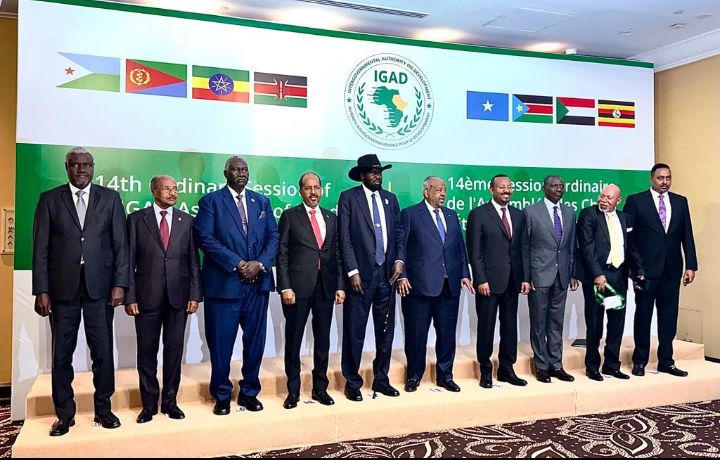
The UK Foreign Office has been accused of ignoring repeated warnings from Sudanese groups and western experts that sudan was teetering on the brink of a conflict that would lead to mass atrocities and identity-based crimes.
Sudan has been gripped by violence since two rival generals went to war against each other in April. The Commons foreign affairs select committee is conducting an inquiry into Whitehall’s anticipation of the crisis and the level of support provided to British citizens trapped in Sudan.
In a letter sent to the African minister, Adrew Mitchell, released on Tuesday, the UK Atrocity Prevention Working Group, which encompasses a variety of charities and civil society organisations, said the Foreign Office had pursued an over-optimistic agenda of “democracy first” in Sudan.
The letter says the Foreign Office failed to heed repeated written warnings that the UK’s systems, capabilities and policies towards Sudan lacked a focus on atrocity prevention. The accusations are due to be elaborated upon at a select committee hearing on Wednesday.
The letter’s signatories warn that, if left unchecked, the current cycle of violence could become worse than the genocide that started in 2003 in Darfur, which left 300,000 people dead and displaced 2.5 million.
The letter says: “As violence broke out in April, the [Foreign Office’s] Sudan team had in place no expertise on the dynamics of atrocity violence; no system of urgent alarm raising; no risk assessment process to monitor the distinct indicators of mass violence; were receiving no central guidance on how to prepare for increasingly likely scenarios that could lead to violence and mass atrocity; and undertook no training to help plug even in a very modest way these skills and systems gaps.”
The signatories point to warnings as far back as 2019 that a rush to elections without commensurate democratic institutions in Sudan following the revolution that toppled the longtime dictator Omar al-Bashir risked repeating mistakes in Myanmar, where premature assumptions were made about disarmament and preparedness for genuine representative institutions.
“For the past four years, the government and other members of the international community have failed to recognise and respond to Sudan’s continuing trends of violence and risks of mass atrocity crimes,” the letter says. “Instead, priority has been given to democratisation, normalising relations with, and propping up the very actors complicit in the Darfur genocide – laying the foundation for the devastation and violence we have seen explode over the past nine week.”

